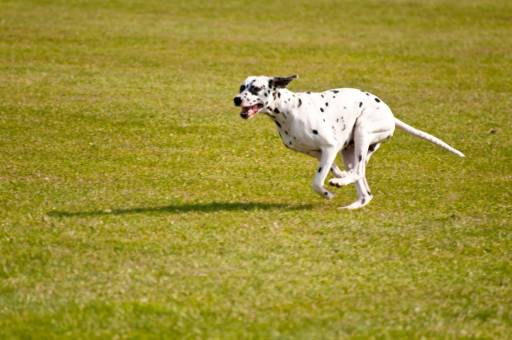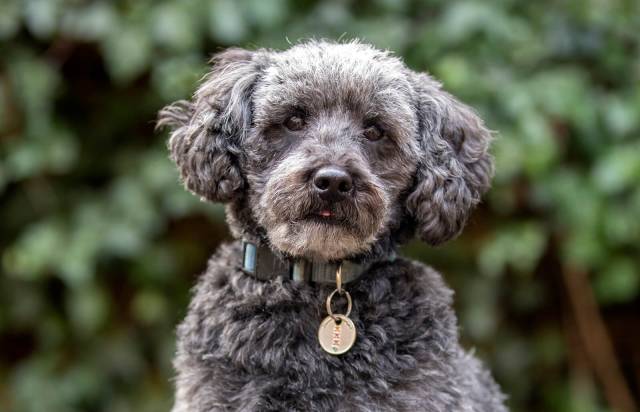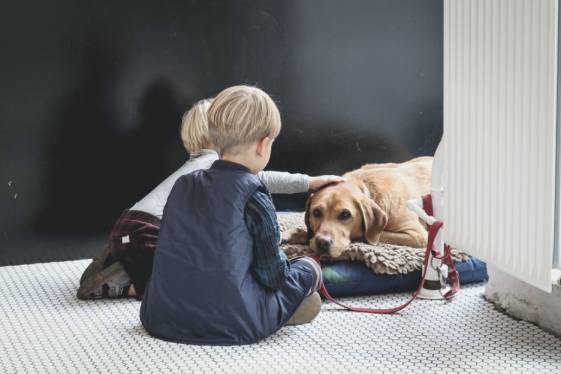Your fur baby has his own unique smell. You could say this is his natural scent, which will not be exactly like another dog’s. However, there are times when a dog’s natural smell may become stinky. Not only that, but a dog’s pee may even become foul.
Connect with a verified veterinarian in minutes. Licensed vets are available 24/7 to answer your questions. No need to worry about your furry family member.
Have you recently noticed that your dog’s pee smells like feces? Are you worried this may be a sign that your dog is sick? If so, then you’ve come to the right place. We understand it can be scary when your dog has this type of symptom.
In this article, we’ll take a look at what could make a dog’s pee smell like feces and what you can do to help your dog. Let’s get started!
What Causes a Dog’s Pee to Smell Like Feces?
There are different reasons a dog’s urine may develop a foul odor. For example, a urinary tract infection (UTI) can cause stinky pee. It can also be caused by a change in diet, dehydration, or kidney problems.
However, if your dog’s pee smells like feces, then this could be caused by another condition called a fistula, which is between the urethra/bladder and the rectum.
Urethrorectal Fistula or Urovaginal Fistula in Dogs
The condition that causes urine to smell like feces is called a urethrorectal fistula in male dogs and a urovaginal fistula in female dogs. This is a very rare genetic birth defect in some dogs. The condition develops before birth when the urethra and rectum fail to completely separate. This lack of separation makes it easier for bacteria and other material in the digestive tract to find their way to the urethra, leading to infection and other issues.
In most cases, this type of condition is congenital; however, it can result from trauma, such as an accident that opens a connection between the urethra/bladder and the rectum.

Review symptoms, medications & behavior to keep your pets healthy with a Vet Online in just minutes.
Ask a Vet Live NowSymptoms of Urethrorectal & Urovaginal Fistulas in Dogs
You may notice these symptoms if your dog has one of these conditions:
- Urine leaks from the anus
- Persistent UTIs
- Urine smells like feces
If you notice any of these symptoms in your dog, then it’s imperative to call the vet right away. This is a condition that needs to be treated ASAP.
Treatment of Urethrorectal or Urovaginal Fistulas in Dogs
The vet will run lab work and other tests to determine the cause of your dog’s urine smelling like feces. Tests often used for this may include a cystography or a retrograde urethrography under a fluoroscope. These are the best tests to find this condition in dogs.
Treatment requires surgery, which the vet does to repair and separate the connection between your dog’s anus and bladder.
The good news is that these surgeries are usually very successful! Your dog will feel and smell better after having surgery to correct this condition!
Connect with a verified veterinarian in minutes. Licensed vets are available 24/7 to answer your questions. No need to worry about your furry family member.

Julie
Julie is a graduate of the University of North Carolina, Wilmington, where she studied Animal science. Though contrary to the opinion of her parents she was meant to study pharmacy, but she was in love with animals especially cats. Julie currently works in an animal research institute (NGO) in California and loves spending quality time with her little cat. She has the passion for making research about animals, how they survive, their way of life among others and publishes it. Julie is also happily married with two kids.
Review symptoms, medications & behavior to keep your pets healthy with a Vet Online in just minutes.
Ask a Vet Live Now



